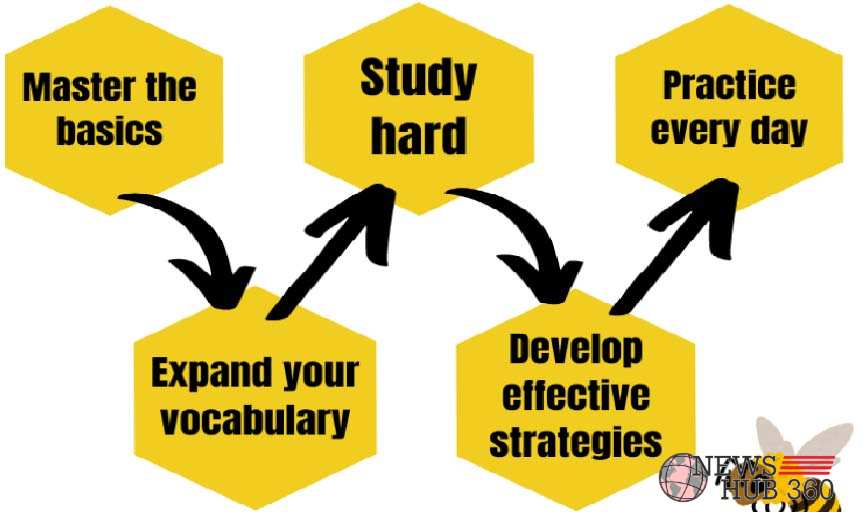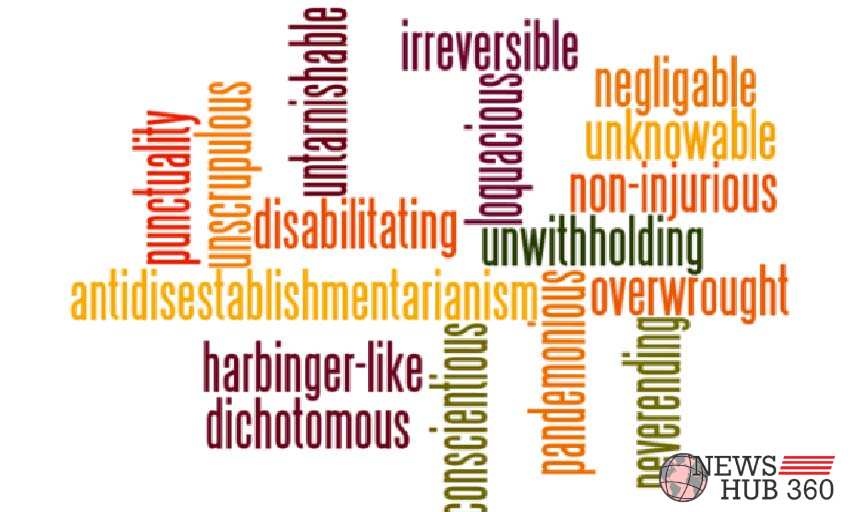The world of spelling bees is challenging, thrilling, and demanding. As participants prepare to tackle words that often trip up even seasoned readers, it’s clear that a successful spelling bee competitor needs more than just a good memory—they need strategy, focus, and practice. This article offers a comprehensive guide on commonly tested words, tips to ace a spelling bee, and a look at some of the history and significance behind these competitions. Whether you’re a participant, coach, or parent, understanding the dynamics of spelling bees can help you make the most of the experience and rise to the top.
Understanding Spelling Bees and Their Importance
Spelling bees have been an academic mainstay for decades, providing students with the chance to showcase their language skills and compete on a national and international stage. The competition tests more than just memorization; it emphasizes phonetics, etymology, and comprehension. Participants in major spelling bees often spend months or even years preparing, familiarizing themselves with words derived from various languages and understanding patterns in English spelling.
The History of Spelling Bees
Spelling bees trace back to the early 19th century in the United States, gaining popularity as educational events designed to promote literacy and language skills. The National Spelling Bee, started in 1925, is one of the most well-known and prestigious competitions. Over time, the event has grown in popularity, inspiring regional and international spelling bees and spawning interest in language studies and linguistics among students.
Why Spelling Bees Matter
Spelling bees not only foster academic skills but also build essential qualities like confidence, resilience, and discipline. Participants gain the ability to handle pressure, think critically, and solve problems under time constraints. These skills are beneficial beyond the spelling bee stage, helping students in both their academic and personal lives.
Key Spelling Bee Words and Their Meanings
Competitors often face challenging words with complex spellings, unusual roots, or tricky pronunciations. Here are some commonly featured words, along with their meanings, to provide a head start for budding spellers.
Frequently Used Spelling Bee Words
- Onomatopoeia – a word that phonetically imitates the sound it describes (e.g., buzz, hiss).
- Pneumonoultramicroscopicsilicovolcanoconiosis – a type of lung disease caused by inhaling fine silica dust, often noted for its length.
- Antediluvian – referring to something extremely old or outdated; literally, “before the flood.”
- Camaraderie – mutual trust and friendship among people who spend a lot of time together.
- Floccinaucinihilipilification – the action or habit of estimating something as worthless.
Words with Foreign Roots
Many challenging words in spelling bees originate from languages like Greek, Latin, French, and German. Here are some examples:
- Gesundheit (German) – a term used to wish good health after someone sneezes.
- Entrepreneur (French) – a person who organizes and operates a business.
- Halcyon (Greek) – describing a period of time that was idyllically happy and peaceful.
- Renaissance (French) – a rebirth or revival, especially in art, culture, or learning.
- Pachyderm (Greek) – a term used for large, thick-skinned animals, like elephants.
Mastering Language Patterns
Recognizing common language patterns can also help spellers predict how to spell certain words, even if they’ve never seen them before. For example, words with Latin roots often end in “-tion” (as in “nation”), while Greek-derived words might contain “ph” instead of “f” (like “philosophy”).
Effective Study Strategies for Spelling Bees
Preparing for a spelling bee goes beyond simple rote memorization. Here are some strategies that can help competitors maximize their study efforts.

Using Word Lists
One of the most efficient ways to study is by using pre-compiled word lists from previous spelling bees. These lists are often organized by difficulty, language of origin, and part of speech. Websites such as the Scripps National Spelling Bee provide a variety of resources, including official study lists.
Mnemonic Devices
Mnemonic devices help in remembering challenging words. For example, to remember the spelling of “necessary,” think of it as “one collar and two socks,” indicating one “c” and two “s”s in the word. Creating visual or auditory associations can also make tricky spellings easier to recall.
Practice with Friends and Family
Practicing with others provides accountability and can mimic the conditions of a live competition. Family members or friends can read out words, while the speller attempts to spell them correctly, helping to build confidence and reduce nervousness.
Techniques to Stay Calm and Focused During a Spelling Bee
Handling nerves during a competition is essential for any spelling bee contestant. Here are some strategies for maintaining composure and focus on stage.
Deep Breathing Exercises
Deep breathing exercises can help alleviate stress and keep competitors calm. Techniques like inhaling for four seconds, holding for four, and exhaling for four (known as box breathing) can quickly reduce anxiety.
Visualizing Success
Visualization techniques involve picturing oneself spelling each word correctly and feeling calm on stage. Many top competitors use this mental strategy to foster a positive mindset and minimize stress.
Asking for Clarifications
Spellers are often allowed to ask for the definition, language of origin, and pronunciation of the word. These questions can give valuable clues about the spelling and allow the speller a moment to gather their thoughts.
The Role of Parents and Coaches in Spelling Bee Preparation
Parental support is instrumental in a child’s spelling bee success. Parents and coaches can make the learning process enjoyable and enriching by providing encouragement and helping with study routines.
Creating a Positive Study Environment
A distraction-free and comfortable study space can enhance focus and motivation. Providing rewards for progress and celebrating small wins keeps morale high, which is crucial during months of rigorous preparation.
Encouraging Balanced Study Routines
Balance is essential, especially when children are juggling school, extracurriculars, and spelling bee practice. Coaches should aim for short, focused study sessions rather than long hours, allowing ample time for rest and social activities.
FAQs on Spelling Bee Competitions
What are the most challenging words in spelling bees?
Words with complex etymology, unusual letter combinations, or silent letters tend to be the most challenging. Examples include “synecdoche,” “pharaoh,” and “chiaroscurist.”
How can I improve my pronunciation for a spelling bee?
Pronunciation apps and resources like the Merriam-Webster dictionary can help competitors master pronunciation. Listening to audio pronunciations from native speakers can also aid in understanding accent and syllable emphasis.
Where can I find official word lists?
Official word lists are available on sites like the Scripps National Spelling Bee website, which provides access to word study lists by grade level and difficulty.
Spelling bees are an exceptional way to challenge young minds, foster linguistic skills, and build confidence. Whether competitors are aiming for a local spelling bee or national competition, preparation, focus, and a positive mindset are key to success. By mastering key words, understanding language origins, and practicing consistently, spellers can confidently tackle even the most challenging words and excel on the spelling bee stage.
MORE VISIT, Newshub360


